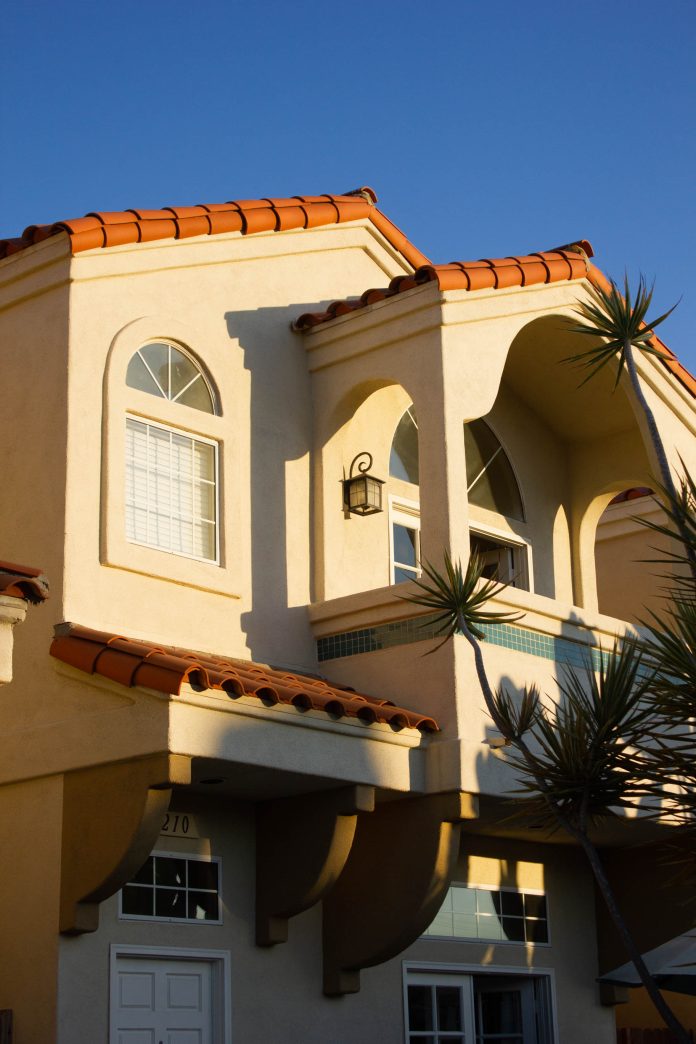
You may want to have your plumbing checked for a variety of reasons. Maybe you are considering buying a house and want to make sure that you do not get ripped off. Perhaps you have been hearing water dripping from your bathroom and are concerned about its condition.
A plumbing inspection can be a cost-effective way to relax or spot potential problems before they become more costly.
This guide explains what you can expect from a emergency plumbing inspection and which parts of your house a plumber will inspect.
What is a Plumbing Inspection?
A plumbing inspection is designed to inspect all pipes within your home to ensure they are in good condition, which applies to both exterior and interior drainage systems.
A Plumber in Garden Grove will inspect your toilets, sewage lines, and water supply. They will check for corrosion, leaks, and other problems that could later lead to more severe issues.
Plumbing inspections are vital.
It is essential to inspect a property before buying it, and this will help you identify any problems and allow you to make necessary adjustments.
Inspections can be very beneficial if significant events such as a flood or damage to pipes. An inspection will reveal what needs to be addressed faster than identifying which appliances are leaking by inspecting them individually after they have stopped working.
What happens during a Residential Plumbing Inspection?
The inspector will check how many fixtures are located on each level of the home. This includes bathrooms, kitchens, and outside spigots that water lawns and plants.
The inspector will also examine the materials and number of fixtures being used. Galvanized steel and copper pipes are not recommended as they can corrode and cause problems with your plumbing system.
Leaking Faucets
After inspecting the water supply fixtures at each level, they will identify any potential leaks by listening carefully to what sounds like running water. This can sometimes be difficult to hear.
You might want to inspect the faucets again after the inspection is complete if there are no leaks. You should immediately address any leaks.
After inspecting every fixture, if everything looks good, the inspector will go behind the walls to check for water seepage or leaks.
Bathroom plumbing
They will inspect the bathroom for any leaks or cracks. They will check the drains around the tub, sink, or bathtub and any fixtures mounted above them (such as an air vent). Even tiny leakages from pipes can cause severe mold growth and structural damage if not dealt with quickly.
The inspector will then hold up a mirror underneath and open the trap door so that they can inspect it.
Although this is an easy job, they may find issues with flapper valves, other parts, or even blocked drains. If anything was found during the inspection, the inspector should inform you about what must be done before he leaves.
Air Vents and Possible Leaks
This type of leak can easily be detected by looking closely at vents. Screws may have become loose over time or from wear and tear, and you should tighten the screws if one is discovered to be leaking.
Regular plumbing inspections are a great way to ensure that your home is in good condition and prevent future problems.
Plumbing Inspection: Steps
Although many steps are involved in a plumbing inspection, it is generally only four.
Permits
The plumber will verify that all permits and plans have been filed adequately according to the city ordinances and codes.
Water Heater
A plumber will inspect your water heater to ensure it is working correctly and that there isn’t any corrosion.
Water heaters are more susceptible to problems than other plumbing fixtures. A plumbing inspector will check your water heater thoroughly. If the plumber fixes the problem, you can prevent a water heater from going out.
Plumbing Fixtures
The plumber will inspect every plumbing fixture in your house, including every toilet, sink, and bathtub. They will check your home for aging or leaks and ensure that every fixture works.
Drain and Sewer Lines
They will inspect all drains and sewer lines within the house. Plumbers use drain cameras to find blockages in drains and pipes, and they will recommend cleaning any blockages if they detect them.
Insulation
To determine if your pipes are adequately insulated, the plumber will inspect them. Burst pipes can lead to significant plumbing problems.
Lead Pipes
Older homes may have dangerous lead pipes that need to be replaced. To determine if your home has these pipes, a plumber will inspect it.
Other actions
A plumber will inspect your water supply, sewage, venting system, and drains to ensure everything works correctly.
What does the plumber suggest after an inspection?
It all depends on what the plumber finds during an inspection. They’ll most likely recommend another inspection within a few years.
Most likely, you were aware of problems such as leaks or clogs before the inspection, which may even have prompted the inspection. You may not have realized that pipes are corroded or damaged, and they may recommend replacing the pipes in that situation.
There may be leaks in your home that you are not aware of. If not fixed, pipes could leak into your foundation rather than your home.
It’s a good idea to have the inspection done. These issues should be known in advance. You can always get another opinion if there are any doubts.
What happens next?
After inspection, you’ll receive a report including everything tested and inspected and any potential hazards.
While plumbing inspections are necessary, regular maintenance is the most appropriate method of avoiding water damage and leaks. If you notice a drip, do something to solve it immediately. You could check for leaks under sinks and cabinets also. Never flush grease or other substances down the drain. Don’t ignore a water stain on your ceiling or wall.
Conclusion
The residential plumbing system is the most expensive to install and maintain. Inspecting the plumbing system by taking note of any problems is easy.
A plumbing inspection can help you avoid costly future bills if you suspect there are plumbing problems in your home.






